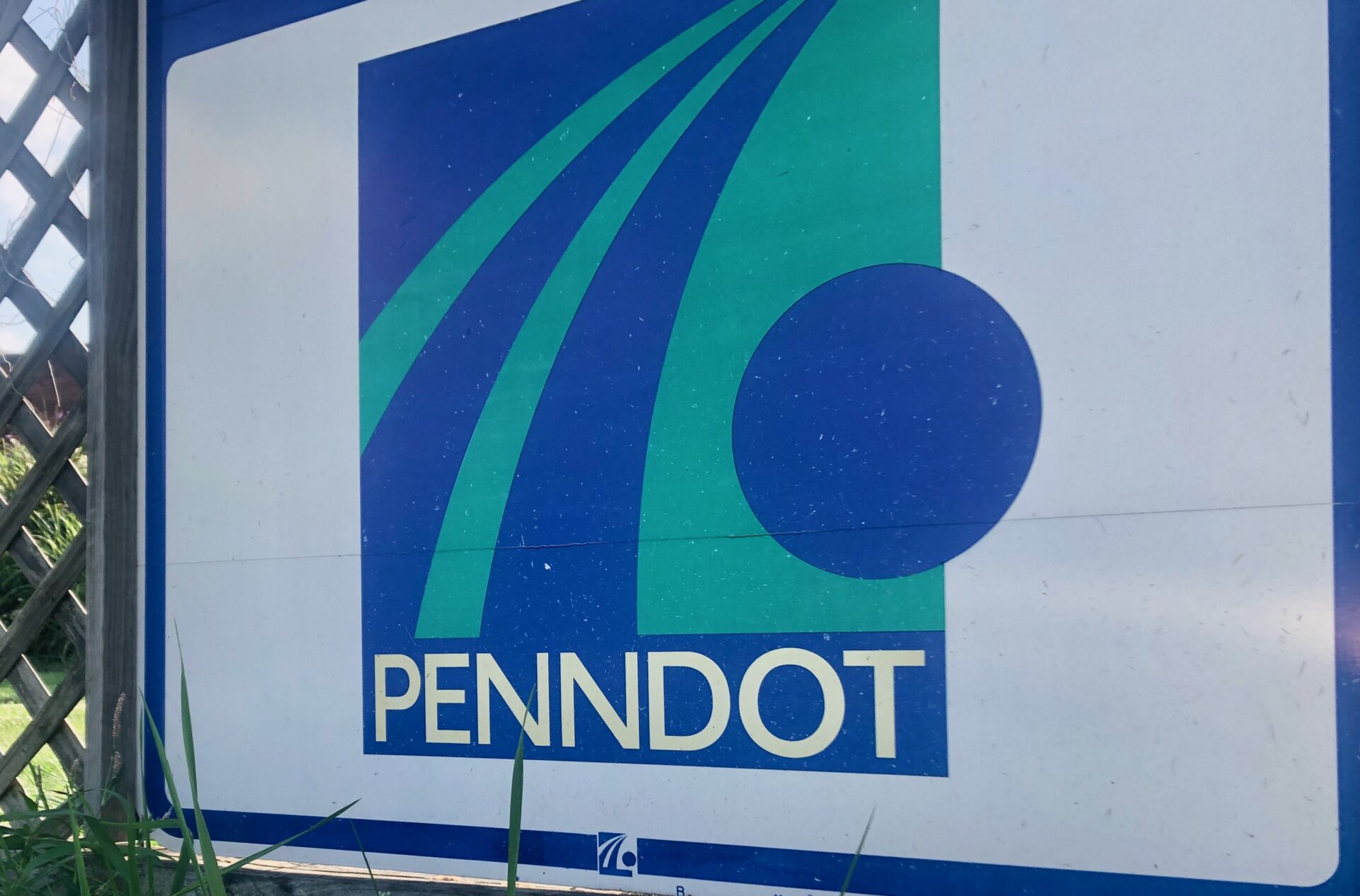
Photo by Geoff Rushton | StateCollege.com

Photo by Geoff Rushton | StateCollege.com
A Pennsylvania appeals court ruled last week that a State College-based contractor that pleaded no contest to wage theft charges can continue to bid on state road projects.
Commonwealth Court on Jan. 19 granted Glenn O. Hawbaker Inc.’s request for a preliminary injunction that prohibits the Pennsylvania Department of Transportation from excluding the company from the bid process.
PennDOT was seeking to ban Hawbaker, one of the state’s biggest road work contractors, from bidding on projects for three years.
“Glenn O. Hawbaker, Inc. is pleased with the ruling of the Commonwealth Court of Pennsylvania and looks forward to continue to serve both PennDOT and private clients,” a company spokesperson said on Wednesday.
The decision marked a second legal victory for the company against PennDOT’s attempts to suspend Hawbaker from bidding. PennDOT temporarily suspended Hawbaker from bidding on projects in April 2021, after the company was charged by state prosecutors with four felony counts of theft by failure to make required disposition of funds, but that was lifted in June when the Commonwealth Court ruled the department violated due process by implementing the ban before a hearing was scheduled.
In the wake of the new ruling, a PennDOT spokesperson said the department “is reviewing the decision and considering its options.”
After a three-year investigation by the Pennsylvania Attorney General’s Office, Hawbaker was charged with theft for violating the Pennsylvania Prevailing Wage Act and the federal Davis-Bacon Act, laws that require companies hired for public projects to pay workers a set rate determined by state and federal agencies.
Attorney General Josh Shapiro accused the company of “a massive, unprecedented fraud” that caused workers to either retire with less money in their retirement accounts than they were owed or to continue working past their planned retirement to make up for the shortfall.
The company was accused of using money intended for prevailing wage workers’ retirement funds to contribute to retirement accounts for all Hawbaker employees, including executives, and “essentially taking from one group of workers to pay for the rest of the company,” Shapiro said last year.
Prosecutors also said the company took funds that should have gone to prevailing wage workers’ health and welfare benefits and used them to subsidize the cost of a self-funded health insurance plan that covers all employees.
The company pleaded no contest to the charges in August and agreed to pay $20.7 million in restitution, in what is believed to be the largest prevailing wage criminal case and settlement in U.S. history.
Hawbaker also agreed to pay the $240,000 cost for a corporate monitor during its five-year probation period.
A plea of nolo contendere, or no contest, means the defendant does not admit guilt but agrees to accept the penalties.
Hawbaker cooperated with the investigation and began remediating its prevailing wage practices in 2019, according to the attorney general’s office.
After the plea, PennDOT asked a special hearing administrator to suspend Hawbaker from bidding on state projects, which the company appealed.
In granting the injunction against the ban, Judge Patricia McCullough wrote that the Department of Labor and Industry oversees prevailing wage law cases and questioned whether other agencies could impose sanctions.
The 70-year-old, family-owned company is one of the largest construction contractors in Pennsylvania and, between 2003 and 2018, it was awarded $1.7 billion in contracts from PennDOT alone.
The Centre County Gazette’s Vincent Corso contributed to this report
Receive all the latest news and events right to your inbox.

80% of consumers turn to directories with reviews to find a local business.